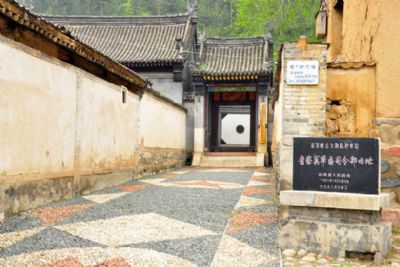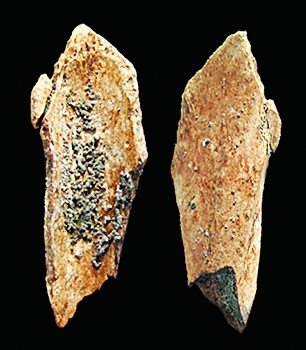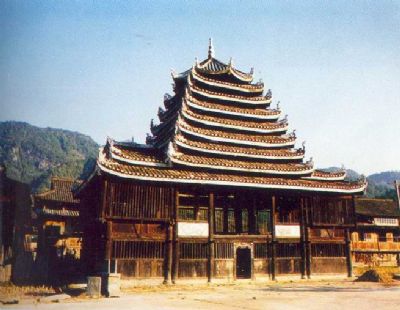Experience Authentic Zhejiang: A Journey Through Jinhua Qijiating’s Charm
An Essential Guide to Visiting Jinhua Qijiating
In This Guide
- An Essential Guide to Visiting Jinhua Qijiating
- The Rich History of Jinhua Qijiating
- Main Highlights: What to See at Jinhua Qijiating
- Planning Your Visit: A Practical Guide
- Tickets, Hours, and Booking
- How to Get There
- Local Cuisine and Accommodation
- Frequently Asked Questions
- Final Thoughts on Your Trip
Nestled in the heart of Zhejiang Province, Jinhua Qijiating (七家厅) stands as a remarkable testament to the region’s rich cultural tapestry and historical significance. Often overshadowed by larger cities, this charming locale invites travelers to explore its unique blend of ancient traditions and contemporary life. Known for its stunning architecture and vibrant local culture, Qijiating offers a delightful escape for those seeking an authentic experience away from the bustling tourist trails.
As you wander through its narrow alleyways, you’ll encounter beautifully preserved structures that tell stories of bygone eras, showcasing the artistry and craftsmanship of local artisans. The town is not just a visual feast; it also tantalizes the palate with its renowned culinary offerings, including the legendary Jinhua ham, a delicacy that has garnered acclaim across China and beyond.
Whether you’re a history buff eager to delve into the tales of the past, a foodie ready to savor local flavors, or simply someone in search of a serene retreat, Jinhua Qijiating promises an unforgettable journey. With its picturesque landscapes and warm, welcoming atmosphere, this hidden gem is poised to become a cherished destination for travelers seeking the essence of Zhejiang. So, pack your bags and prepare to immerse yourself in the enchanting world of Qijiating, where every corner reveals a new story waiting to be discovered.
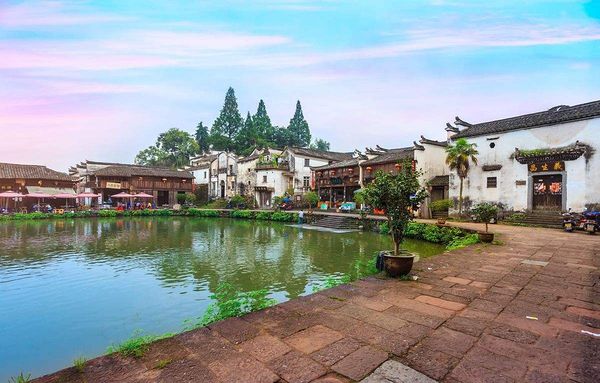
Jinhua Qijiating.
The Rich History of Jinhua Qijiating
Nestled in the heart of Jinhua, Zhejiang Province, Qijiating (七家厅) is a historical gem that reflects the rich cultural tapestry of the region. This intriguing site, also known as the Seven Family Hall, is a testament to the architectural and social evolution of Chinese society, particularly during the Ming and Qing dynasties.
Dating back to the late 19th century, Qijiating was originally built as a communal dwelling for seven related families, showcasing the traditional Chinese practice of kinship-based living arrangements. The architecture of Qijiating is emblematic of the period, featuring intricate wooden carvings, ornate eaves, and a symmetrical layout that represents harmony and balance—key principles in Chinese philosophy and design.
Historically, the hall served not only as a residence but also as a center for family gatherings, celebrations, and important ceremonies. The communal lifestyle fostered a strong sense of unity among the families, allowing them to share resources and responsibilities. This concept reflects the Confucian values of family loyalty and filial piety that are deeply rooted in Chinese culture.
Qijiating stands as a cultural relic, offering insights into the daily lives of its inhabitants and the socio-economic conditions of the time. The site has preserved various artifacts, documents, and architectural details that narrate the stories of the families who once called it home. This preservation effort has made Qijiating a crucial point of interest for historians, scholars, and tourists alike.
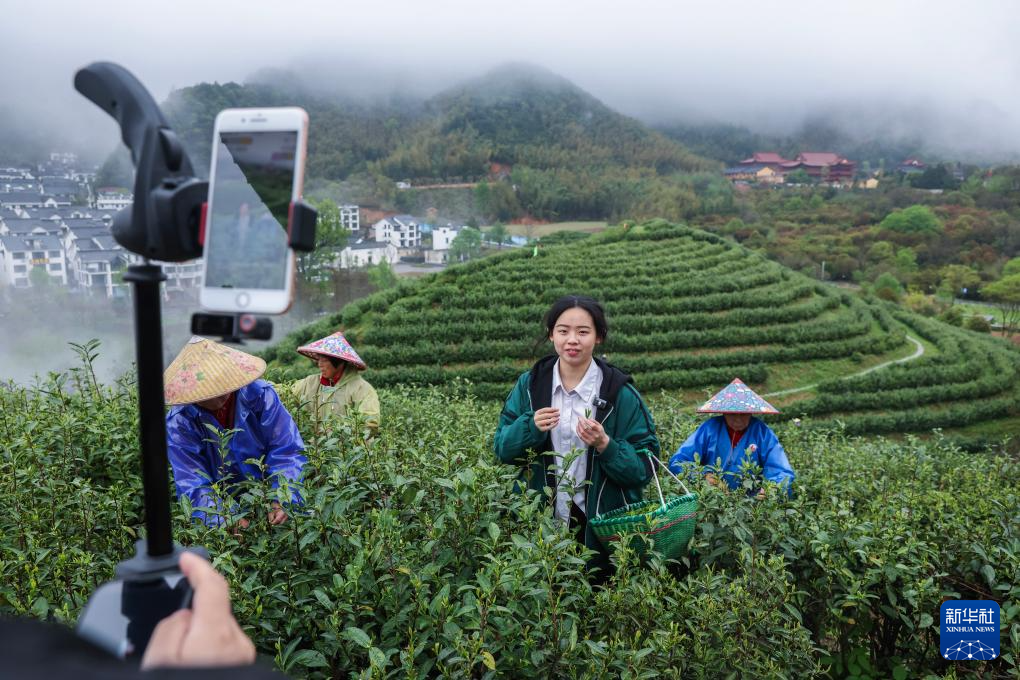
Jinhua Qijiating.
In recent years, Qijiating has gained recognition as a significant cultural heritage site, attracting visitors who are eager to explore Jinhua’s historical narrative. The hall not only highlights the architectural prowess of the era but also serves as a reminder of the importance of community and familial ties in Chinese society.
As you wander through Qijiating, you are not just stepping into a building; you are immersing yourself in the history of Jinhua and experiencing the enduring legacy of a communal lifestyle that shaped the lives of many families for generations. The hall continues to be a focal point for cultural activities, educational programs, and tourism, ensuring that the stories of its past remain alive for future generations to appreciate.
Main Highlights: What to See at Jinhua Qijiating
Jinhua Qijiating, a captivating destination nestled in the heart of Jinhua, Zhejiang Province, offers a delightful blend of cultural richness, culinary delights, and stunning natural landscapes. Here are the main highlights that make this area a must-visit for travelers seeking an authentic Chinese experience.
Immerse in Rich History and Culture
Qijiating is steeped in history, with ancient architecture and cultural relics that tell the story of its past. The town features well-preserved structures from the Ming and Qing dynasties, making it an ideal location for those interested in China’s architectural heritage. Stroll through the winding streets of the ancient town, where traditional shops and local artisans showcase their crafts, providing visitors a glimpse into the traditional way of life.
Delight in Local Cuisine
Food lovers will find their haven in Qijiating, known for its unique culinary offerings. From the famous Jinhua ham to local specialties like stewed dishes and vibrant street snacks, the area promises a gastronomic adventure. Be sure to visit local eateries and taste Jinhua’s signature dishes, such as the savory rice dumplings and fragrant osmanthus cake, which reflect the region’s rich agricultural heritage.

Jinhua Qijiating.
Nature’s Splendor
Surrounded by picturesque landscapes, Qijiating is an excellent base for exploring the natural beauty of Jinhua. Just a short drive away, you’ll discover scenic spots like the lush mountains and serene lakes that invite outdoor activities such as hiking, cycling, and fishing. The stunning views, especially during sunrise and sunset, offer perfect opportunities for photography enthusiasts.
Engaging Cultural Experiences
Qijiating is not just about its scenic beauty; it’s also a hub for cultural events and festivals. Visitors can participate in traditional celebrations, from lantern festivals to tea ceremonies, offering an immersive experience into local customs and traditions. The town’s vibrant atmosphere comes alive during these events, allowing travelers to connect with the community and enjoy authentic cultural performances.
Unique Shopping Opportunities
Take home a piece of Qijiating by exploring its local markets and artisan shops. Here, you can find handcrafted goods, traditional textiles, and unique souvenirs that reflect the region’s cultural identity. Supporting local artisans not only provides you with memorable keepsakes but also contributes to the preservation of traditional crafts.
Peaceful Retreats
For those seeking relaxation, Qijiating offers a variety of charming accommodations, from traditional guesthouses to modern boutique hotels. Enjoy the tranquil environment, where you can unwind after a day of exploration and savor the serene lifestyle that this historic town has to offer.
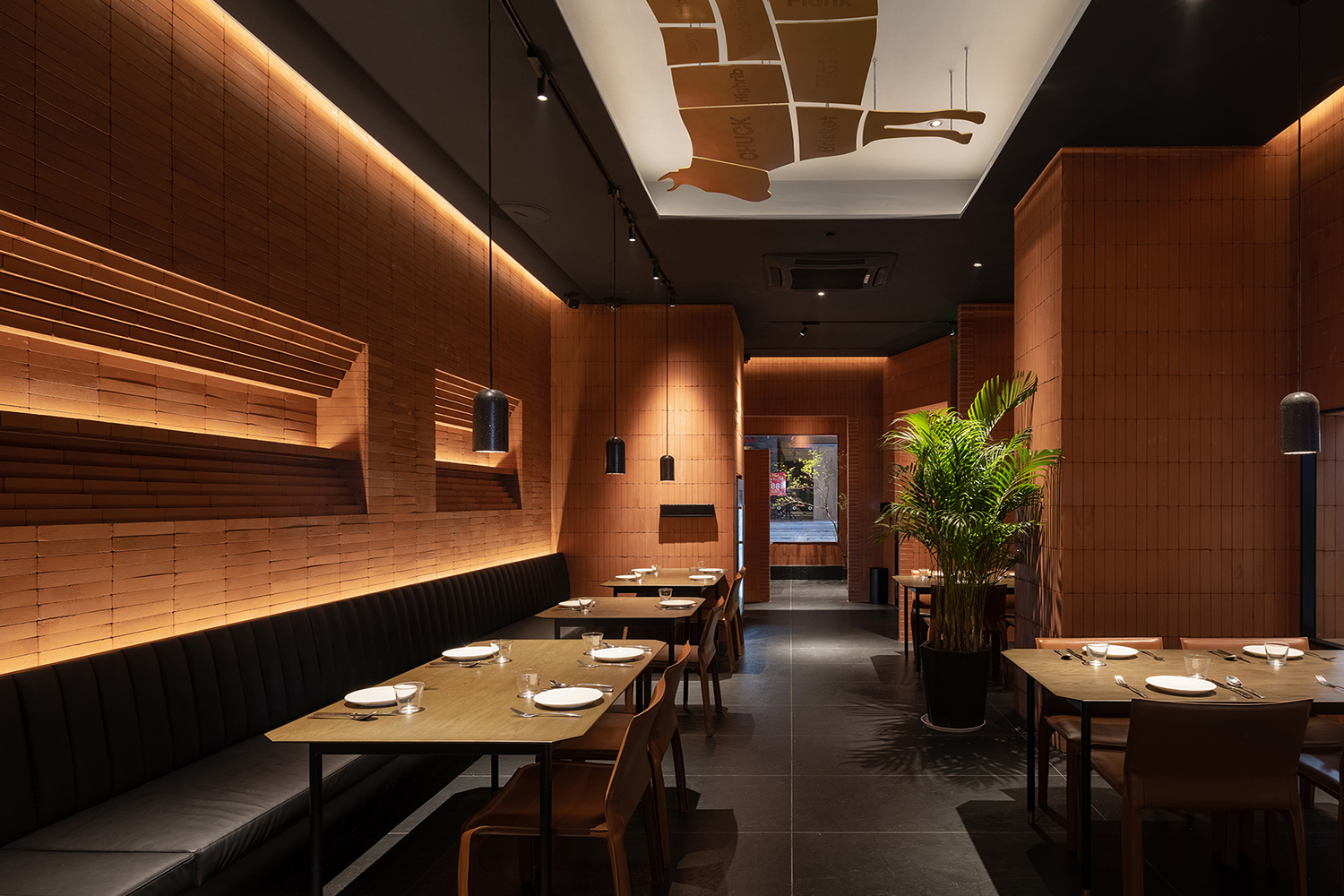
Jinhua Qijiating.
In summary, Jinhua Qijiating is a treasure trove of experiences waiting to be discovered. Whether you are a history buff, a food enthusiast, or simply looking to enjoy nature, this destination promises to leave you with unforgettable memories.
Planning Your Visit: A Practical Guide
Practical Guide to Visiting Jinhua Qijiating (七家厅)
When planning your visit to Jinhua Qijiating, an ancient site rich in history and culture, it’s important to consider travel logistics, dining options, accommodation, and the best times to visit. Below is a practical guide to help you navigate this charming locale.
Getting There
Jinhua is well-connected by public transport, making it easy to reach Qijiating from major cities in Zhejiang Province. The nearest railway station is Jinhua Railway Station, which is serviced by high-speed trains from Hangzhou, Shanghai, and other cities. From the station, you can take a taxi or use local public transport to get to Qijiating, which is approximately 30 kilometers away.
If you’re driving, take the G60 or G320 highways for a scenic route through the picturesque landscapes of Zhejiang. Ensure your GPS is updated, as road signs may be in Chinese.
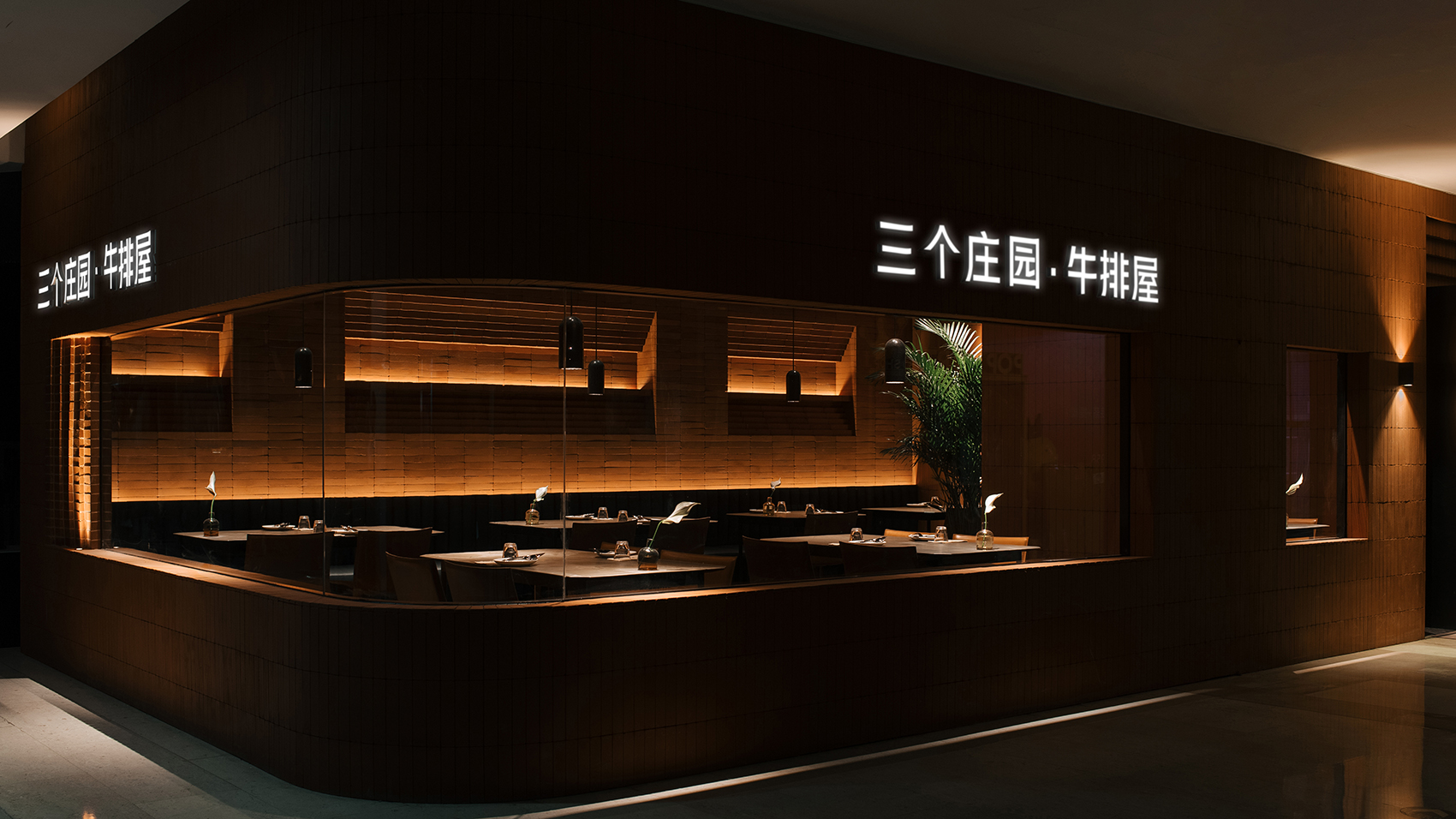
Jinhua Qijiating.
Best Time to Visit
The ideal time to visit Jinhua Qijiating is during the spring (March to May) and autumn (September to November) months. The weather is mild and pleasant, perfect for exploring the outdoor attractions. Avoid the peak summer months when temperatures can soar and the area may be crowded with tourists.
What to See
Jinhua Qijiating is known for its rich historical background and its well-preserved architecture. Key highlights include:
- The Old Town: Wander through the narrow streets of the old town, where you can admire traditional architecture and historical sites.
- Local Museums: Visit museums that showcase the cultural heritage of the area, including exhibits on local crafts and history.
- Natural Scenery: Explore the nearby parks and nature reserves that offer beautiful landscapes and hiking opportunities.
Dining Options
The culinary scene in Jinhua is a treat for food lovers. Local specialties include:
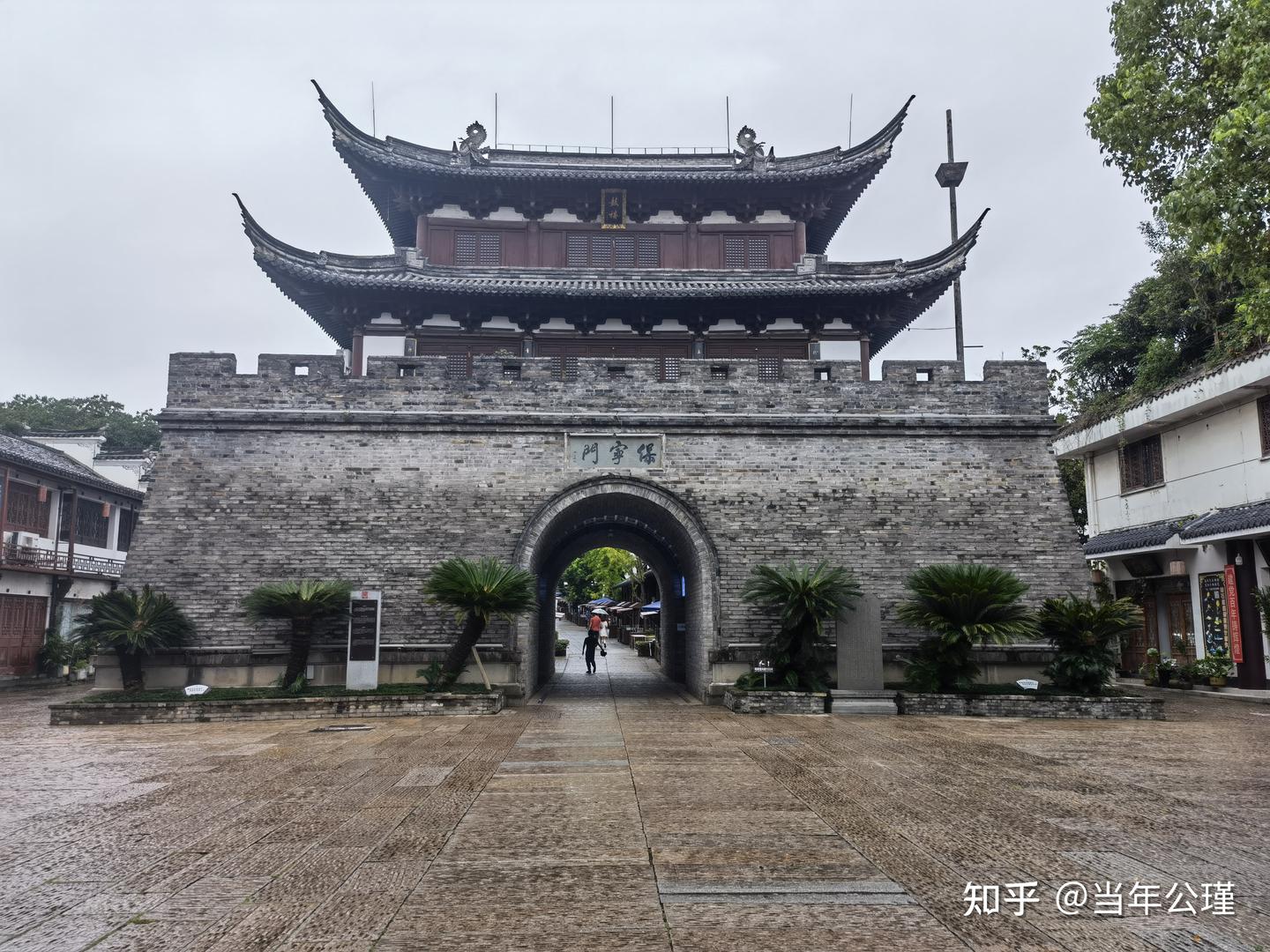
Jinhua Qijiating.
- Jinhua Ham: Renowned for its rich flavor, this cured meat is a must-try. Look for local restaurants that serve it in various dishes.
- Street Food: Don’t miss out on sampling local street food such as dumplings, rice cakes, and tea snacks. Head to the vibrant night markets where you can taste a variety of treats.
- Traditional Restaurants: For a more formal dining experience, visit a restaurant that serves traditional Zhejiang cuisine, emphasizing fresh ingredients and delicate flavors.
Accommodation
While visiting, you’ll find a range of accommodation options catering to different budgets:
- Luxury Hotels: For a comfortable stay, opt for upscale hotels in Jinhua that offer modern amenities and easy access to attractions.
- Boutique Hotels: Experience local charm by staying in boutique hotels that reflect the region’s culture and history.
- Guesthouses and Hostels: For budget travelers, guesthouses and hostels offer a more affordable and intimate atmosphere, often with opportunities to meet fellow travelers.
Tips for Visitors
- Language: While many younger locals may speak some English, it’s helpful to learn a few basic phrases in Mandarin or have a translation app handy.
- Cash: Although credit cards are increasingly accepted, having cash is useful, especially in smaller shops and markets.
- Respect Local Customs: Be mindful of local customs and etiquette, particularly when visiting temples and historical sites. Dress modestly and follow any posted guidelines.
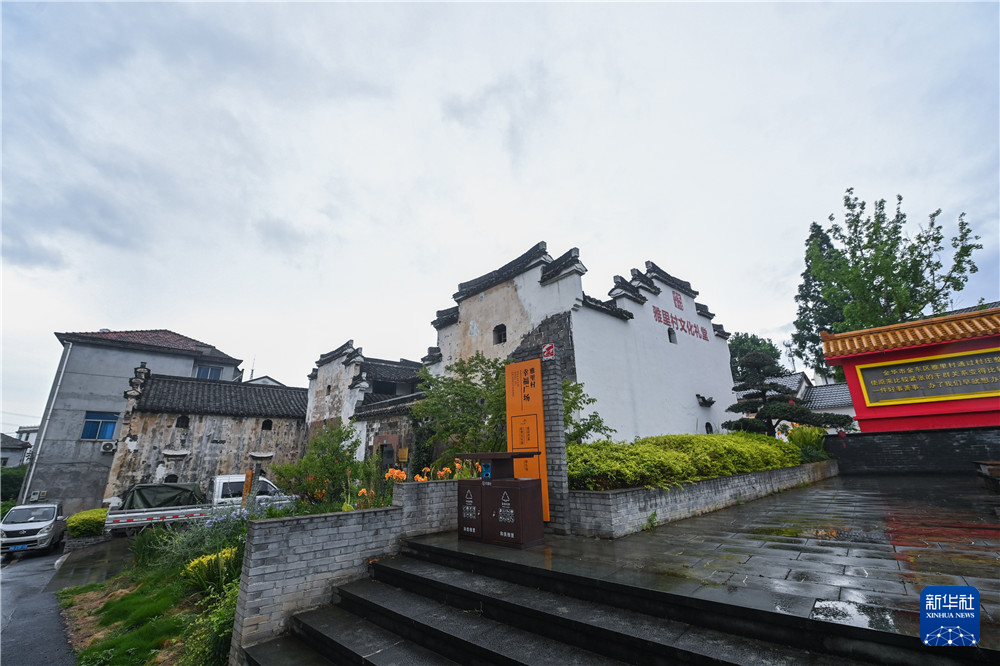
Jinhua Qijiating.
Summary
Jinhua Qijiating offers a mix of historical intrigue and cultural richness, making it a worthwhile stop in your travels through Zhejiang Province. Whether you’re here to explore the streets of the old town, indulge in local cuisine, or enjoy the natural beauty of the area, this destination has something for everyone. Plan your visit wisely, and you’re sure to have an unforgettable experience.
Tickets, Hours, and Booking
When planning your visit to Jinhua Qijiating (七家厅), it’s essential to be aware of the ticketing details to ensure a smooth and enjoyable experience.
Ticket Information for Jinhua Qijiating
- Admission Fees:
-
The entry fee for Jinhua Qijiating is approximately CNY 50 per person. This ticket grants access to the main attractions within the site, allowing you to explore the rich cultural and historical significance of the area.
-
Discounts:
- Children under the age of 12 are often eligible for discounted tickets, typically priced at around CNY 25.
-
Senior citizens (aged 65 and older) may also receive a concession, with tickets priced similarly to children’s rates.
-
Opening Hours:
-
Jinhua Qijiating generally welcomes visitors from 8:30 AM to 6:00 PM. It’s advisable to arrive early to fully enjoy the various exhibits and scenic spots without the crowds.
-
Group Rates:
-
For larger groups (usually 20 or more), special group rates may be available. It’s recommended to contact the venue in advance to inquire about these discounts.
-
Online Booking:
-
To save time, consider purchasing tickets online through popular travel platforms or the official Jinhua tourism website. Booking in advance can help you avoid long queues on busy days.
-
Additional Experiences:
-
Some tickets may include options for guided tours or special exhibitions. Be sure to check if these add-ons are available and whether they require separate fees.
-
Payment Methods:
- Most ticket counters accept various payment methods, including cash, WeChat Pay, and Alipay, making it convenient for tourists.
By keeping these details in mind, you’ll be well-prepared for your visit to Jinhua Qijiating, allowing you to immerse yourself in the local culture and history. Enjoy your adventure!
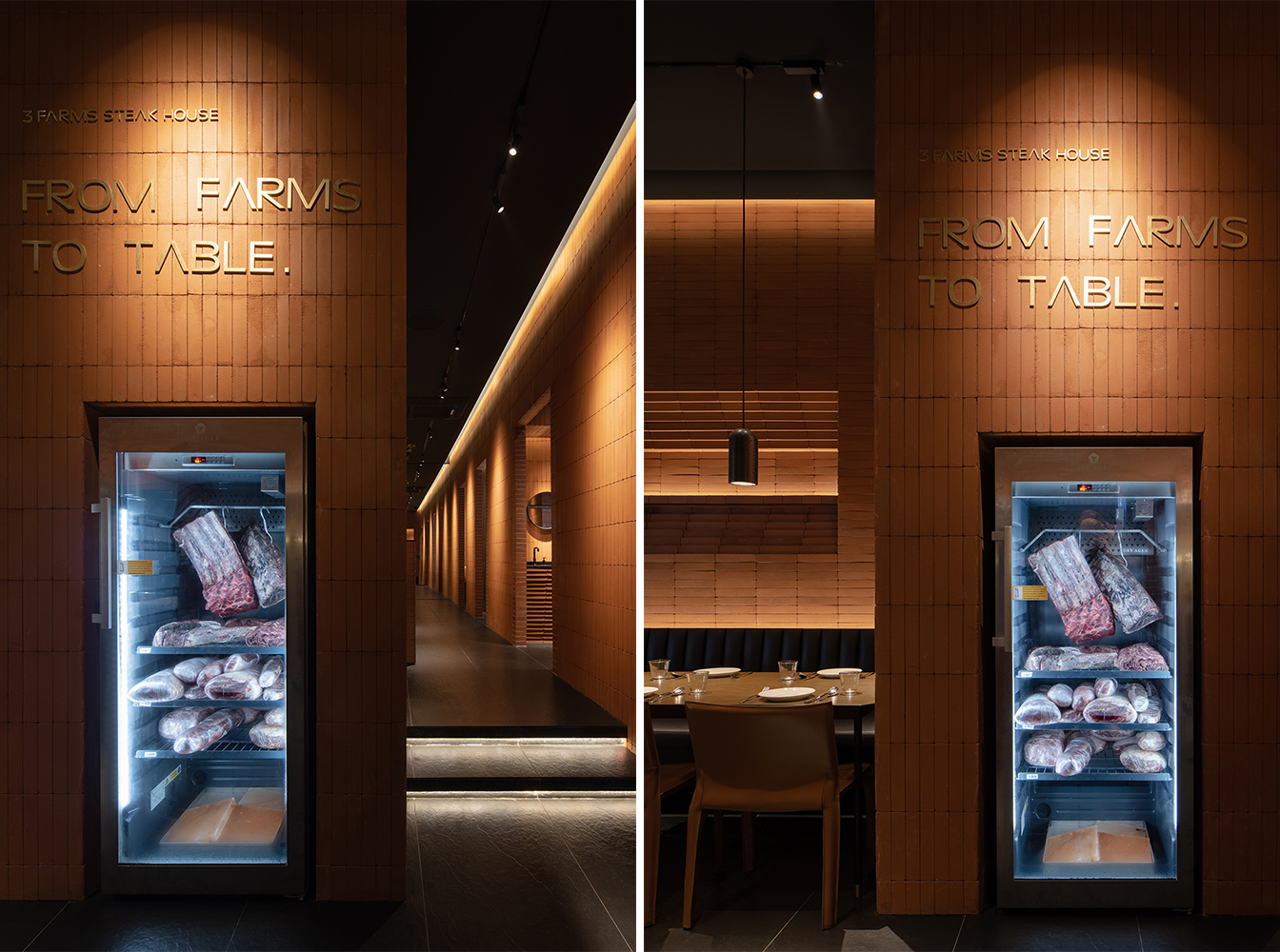
Jinhua Qijiating.
How to Get There
Traveling to Jinhua Qijiating (七家厅) is a straightforward experience, thanks to the well-connected transportation network in the region. Whether you prefer to arrive by air, train, or car, you’ll find convenient options to reach this charming destination.
By Air
The nearest major airport to Jinhua is Yiwu Airport (YIW), located approximately 30 kilometers away. This airport serves both domestic and a limited number of international flights. From Yiwu Airport, travelers can take a taxi or a ride-sharing service to reach Jinhua in about 40 minutes. Alternatively, Hangzhou Xiaoshan International Airport (HGH), about 150 kilometers away, is another option with more extensive international connections. From Hangzhou, you can take a high-speed train to Jinhua, an efficient way to travel.
By Train
Jinhua is well-served by the high-speed rail network, making train travel a popular choice. The Jinhua Railway Station connects to major cities like Shanghai, Hangzhou, and Ningbo. High-speed trains operate frequently, offering a comfortable and quick journey. For those coming from further away, consider taking a train to Hangzhou first, and then transferring to a high-speed train bound for Jinhua.
By Bus
Long-distance buses also serve Jinhua, with several bus stations offering routes from nearby cities and provinces. The main bus station is conveniently located in the city center, providing easy access to local attractions. Buses are a cost-effective option, though they may take longer than trains, especially during peak travel seasons.
By Car
If you prefer to drive, Jinhua is accessible via several highways, including G60 and G104, making it easy to reach from surrounding areas. The drive offers scenic views of the countryside, and parking is available at various locations throughout the city. In addition, car rental services are available for those who wish to explore the region at their own pace.
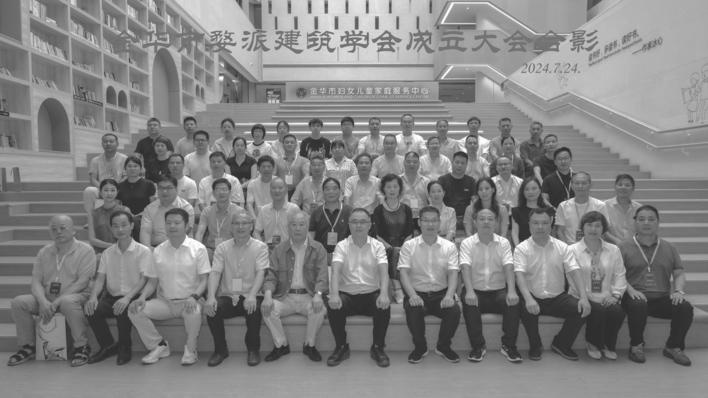
Jinhua Qijiating.
Local Transportation
Once in Jinhua, getting around is quite easy. Public buses and taxis are readily available, and ride-sharing apps operate in the area for added convenience. For a more immersive experience, consider renting a bicycle or electric scooter to explore local neighborhoods and scenic spots at a leisurely pace.
In summary, whether you choose to fly, take a train, or drive, reaching Jinhua Qijiating is simple and convenient, allowing you to focus on enjoying the beauty and culture of this enchanting destination.
Local Cuisine and Accommodation
When visiting Jinhua Qijiating, you’re in for a culinary and accommodation treat that captures the essence of this culturally rich region. From local delicacies to charming lodgings, here’s what you can expect.
Culinary Delights
Jinhua is renowned for its diverse and flavorful cuisine, deeply rooted in its historical and cultural heritage. The highlight of local gastronomy is undoubtedly the famous Jinhua ham, which is celebrated for its rich flavor and tender texture. It’s often featured in various dishes, such as the Jinhua stew and paired with steamed buns.
Other must-try dishes include:
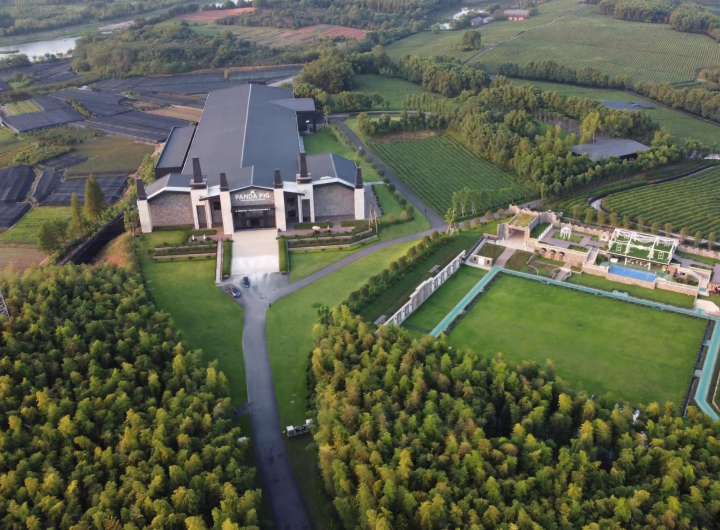
Jinhua Qijiating.
- Jinhua Braised Pork (金华扣肉): Savory and succulent, this dish features tender pork belly simmered to perfection, often served with fragrant rice or buns.
- Jinhua Soup Buns (金华小笼包): These delightful dumplings are filled with juicy pork and a burst of flavorful broth, making them a favorite among visitors.
- Osmanthus Cake (桂花糕): A sweet treat that embodies the essence of local ingredients, this cake is infused with the fragrant osmanthus flower, offering a unique and aromatic dessert experience.
- Handmade Rice Cake (手工麻糍): Chewy and sweet, these rice cakes are often served with a dusting of peanut powder or sesame, making for a delightful snack.
Street vendors and small eateries throughout Qijiating provide an authentic experience for food lovers. Don’t hesitate to explore local markets where you can sample various snacks and freshly prepared dishes.
Where to Stay
Accommodation in Jinhua Qijiating caters to various tastes and budgets, ensuring a comfortable stay for every traveler. Here are some recommendations that blend convenience, charm, and a touch of local flavor:
-
CAMELLIA Art Space & Academy Hotel: This unique hotel combines artistic design with modern amenities, offering a comfortable and inspiring atmosphere. Its central location makes it easy to access local attractions and dining options.
-
Yusi Village Homestay (喻斯乡村民宿): For those seeking a more immersive experience, this charming homestay nestled in the countryside provides a serene escape. Guests can enjoy traditional hospitality, fresh local cuisine, and the beauty of surrounding nature.
-
Jinhua Hotel (金华宾馆): A more upscale option, this hotel offers luxurious accommodations and exceptional service. With well-appointed rooms and convenient access to business and recreational facilities, it’s perfect for both leisure and corporate travelers.
-
Traditional Courtyard Hotels: For a truly unique experience, look for traditional courtyard-style hotels. These often feature beautiful gardens and are designed in the classic architectural style of the region, providing a glimpse into local history and culture.
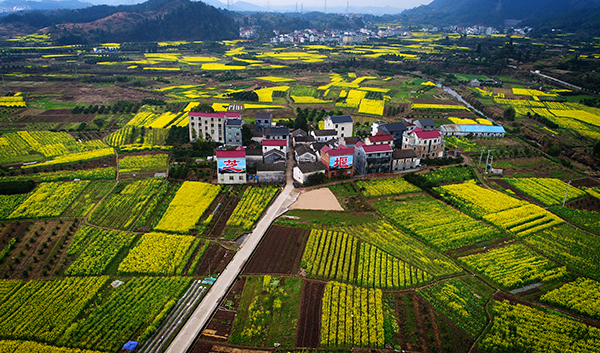
Jinhua Qijiating.
Whether you’re indulging in the local cuisine or settling into a cozy lodging, Jinhua Qijiating promises an unforgettable experience that reflects the heart and soul of this charming area.
Frequently Asked Questions
Frequently Asked Questions about Jinhua Qijiating (七家厅)
-
What is Jinhua Qijiating known for?
Jinhua Qijiating is renowned for its rich history and cultural significance, particularly as a historical site featuring traditional architecture from the Ming and Qing dynasties. It is a popular destination for those interested in Chinese history and culture. -
How do I get to Jinhua Qijiating?
The site is accessible by public transportation and taxis from various points in Jinhua. If you are traveling from major cities like Hangzhou or Ningbo, you can take a train or bus to Jinhua and then use local transport to reach Qijiating. -
Are there any entrance fees for visiting Jinhua Qijiating?
Yes, there may be an entrance fee for visiting Jinhua Qijiating, which varies depending on the time of year and any special events. It’s advisable to check in advance or look for any discounts available for students or seniors. -
What are the nearby attractions to explore after visiting Jinhua Qijiating?
After exploring Qijiating, visitors can head to nearby attractions such as the Jinhua Ancient City Wall, the Jinhua Museum, and the scenic East Lake. These sites provide additional insight into the region’s history and natural beauty. -
What are the best times to visit Jinhua Qijiating?
The ideal times to visit are during the spring (March to May) and autumn (September to November) when the weather is mild and pleasant. Festivals and cultural events often take place during these seasons, enhancing the experience. -
Is Jinhua Qijiating suitable for families with children?
Yes, Jinhua Qijiating can be an enjoyable experience for families. The site offers educational insights into Chinese history, and the surrounding areas provide space for children to explore and play. -
What should I wear when visiting Jinhua Qijiating?
Comfortable clothing and sturdy shoes are recommended, especially if you plan on walking extensively around the area. Weather-appropriate attire is also essential, as it can be warm in the summer and chilly in the winter. -
Are there dining options available near Jinhua Qijiating?
There are several local eateries and street food vendors in the vicinity, offering traditional Jinhua cuisine, including famous dishes like Jinhua ham and various snacks. Exploring these food options can enhance your visit.
Final Thoughts on Your Trip
As you explore the enchanting allure of Jinhua Qijiating, you’re not just traversing a historic site; you’re immersing yourself in the vibrant tapestry of culture, nature, and culinary delights that this region offers. From the rich heritage of Wuzhou Ancient City to the breathtaking landscapes surrounding the scenic spots, every corner of Jinhua tells a story waiting to be discovered.
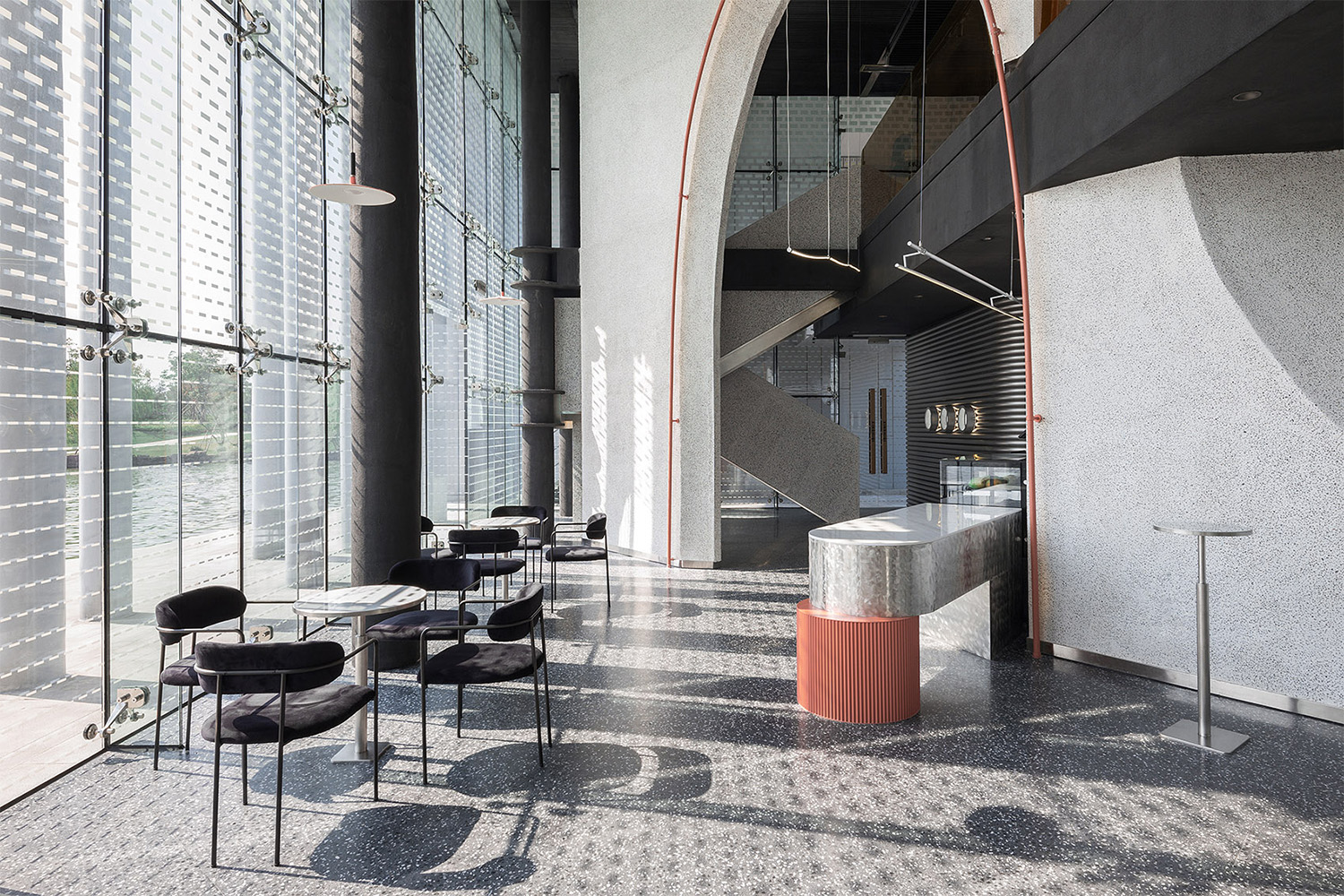
Jinhua Qijiating.
The warm hospitality of the locals, combined with the flavors of traditional dishes like Jinhua ham and the charming ambiance of its quaint streets, provides a unique experience that resonates long after your visit. Whether you’re an avid history buff, a nature lover, or simply seeking to indulge in exquisite local cuisine, Jinhua Qijiating welcomes you with open arms.
So pack your bags and set out on a journey where every moment is a memory in the making. In Jinhua, adventure awaits, and the beauty of its landscapes beckons you to embrace the magic that lies within this remarkable destination. Let the echoes of history and the whispers of nature guide your footsteps, and may your travels here be filled with joy and inspiration.

